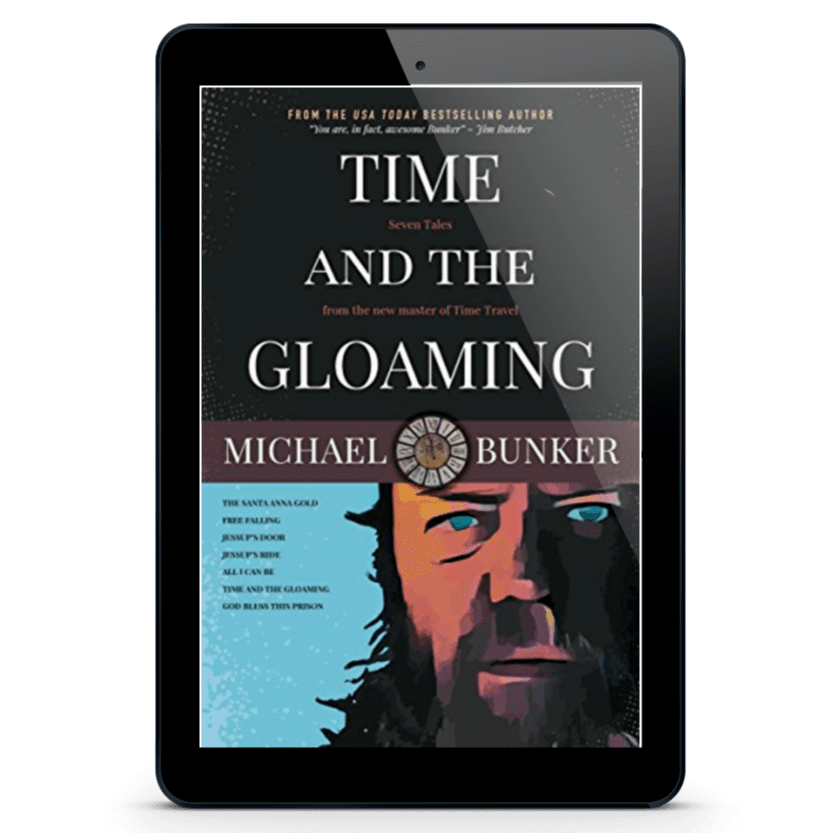Deliberate Living
I’ve been interviewed… shoot… I don’t know how many times in the last year. Half a hundred maybe? Maybe more. Many of those interviews are linked over on the left side of this page. One of the most oft asked questions always goes something like this “As an off-grid ‘plain’ person, how do you decide what technologies you adopt and how you use them?” My answer is always the same…
We live deliberately. We actually think and deliberate on what technologies we will use. And it always doesn’t come down to a thumbs or a thumbs down on the technology. Sometimes, if we decide to use a certain technology, it comes down to how and when we will use it. For example, we have off-grid power (solar and generator power) at my office, but we do not use any of it at our cottage. Where most of our life is lived, we don’t use electrical power at all. We’ve determined that we like life better that way. We think it is wiser and safer for us. We believe it causes us to live a more sustainable lifestyle, and it prepares us for possible hardships.
We sometimes use smart phones and other devices. But we always make sure we never grow dependent on them. Dependency is the main issue with us. When we say we “deliberate” on what we accept into our lives, that deliberation is always founded on this question: If we become dependent on that technology, what happens if it goes away. Temporarily or permanently. You see, as opposed to most Americans, we are are not adherents to the opinion that technology follows a straight line upward. We’ve studied history, and we know that almost every empire ends in disaster, and that the means of destruction of that empire often results in a giant leap backwards technologically. As I say in my bestselling non-fiction book Surviving Off Off-Grid, one hundred years after the fall of Rome, goats grazed in the Colosseum and most of the people had no clue how any of the fantastic structures and roads of Rome were ever built.
We believe that if more people lived deliberately, and if more people chose to make decisions in their lives that caused them to live more sustainably… if more people produced rather than just consumed, well… the likelihood that a systemic collapse would happen, or that it would cause massive death and disruption, would be lessened.
In my new fiction novel Brother, Frankenstein — as in most of my novels — these questions are at the forefront. What kind of technologies are we accepting? What does it mean to be human, and have we really considered the consequences of the things we are doing?
I’ve already received dozens of emails from people, not to mention the comments in the fantastic reviews, saying that the book helped them to ask themselves more questions about how we as humans interface with technology. That fact alone makes me consider this book a success.
Michael Bunker


Interested.